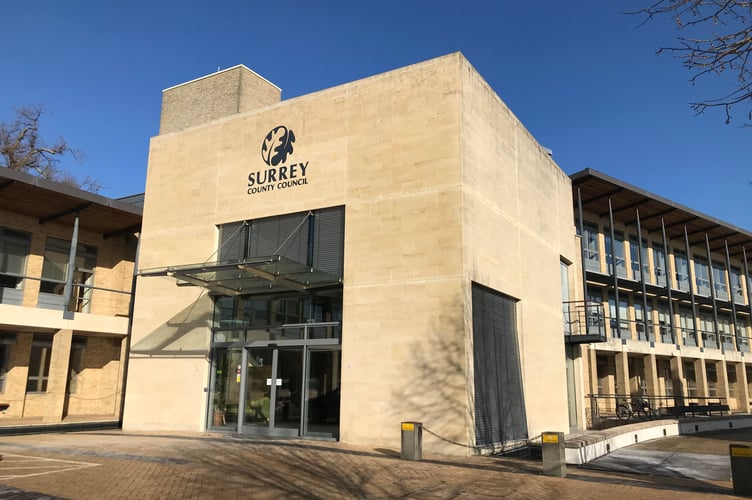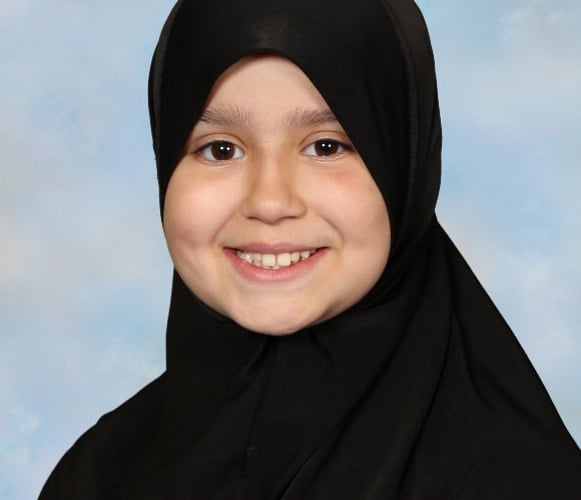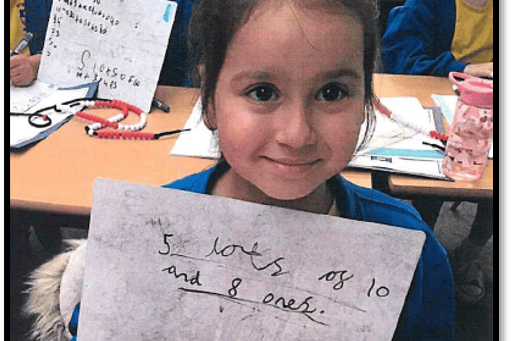Authorities must face serious questions about years of missed chances to prevent Sara Sharif’s death.
Ten-year-old Sara was murdered by her father Urfan Sharif and stepmother Beinash Batool. Her uncle Faisal Malik was convicted of causing or allowing her death.
Local authorities are legally responsible for looking after and safeguarding all children, they also have a statutory duty to investigate concerns about welfare. A local child safeguarding practice review will be carried out to examine the missed opportunities and if more could have been done to prevent Sara’s death.
Rachael Wardell, Executive Director for Children, Families and Lifelong Learning at Surrey County Council, said: “We are resolute in our commitment to protecting children, and we are determined to play a full and active part in the forthcoming review alongside partner agencies, to thoroughly understand the wider circumstances surrounding Sara’s tragic death.”
The safeguarding review will bring together the police, social carers, education and health services amongst others to consider the practice of all the agencies involved with the family to identify any learning. The safeguarding review, led by an independent author, will also look at all professionals who had contact with the family.

Unlike a trial or coroner hearing, the review will not hold individuals or organisations to account but looks at how general system change can prevent or reduce the risk of similar instances.
“The focus of the trial has been on the evidence needed to secure the convictions of those responsible for Sara’s death,” Ms Wardell said. “This means that until the independent safeguarding review concludes, a complete picture cannot be understood or commented upon.”
Her father had multiple and repeated contact with Surrey Police and social services before he was charged with murdering the 10-year-old girl last summer. Just a few months before, Sara’s school referred her to social services but the case was closed within days.
After the guilty verdicts, and opening the safeguarding review, the case will provoke difficult questions whether Sara’s tragic death could have been prevented.
Children’s Commissioner Dame Rachel de Souza said the case highlighted a “profound weaknesses in our child protection system”. She called for a raft of changes including “proper oversight” for children, like Sara, being home schooled.
Dame Rachel said: “There can be no doubt that Sara was failed in the starkest terms by the safety net of services around her. Even before she was born, she was known to social care – and yet she fell off their radar so entirely that by the time she died, she was invisible to them all.
“We can have no more reviews, no more strategies, no more debate. When we say ‘never again’, we have to mean it – let that be Sara’s legacy.”
As Sara started school, her abuse went largely undetected or unactioned. The court heard Sara turned up at school with bruises on her face in June 2022 and again in March 2023, despite attempts to cover them in a hijab.

Although Sara never confided in teacher what was going on, a referral was made to Surrey County Council’s social services after the second incident- only to be shut down within days, the court heard.
By April 2023, Sara was taken out of school and the violence against the 10-year-old girl escalated in the final weeks of her life. Sharif admitted to the court he repeatedly beat her with a cricket bat, metal pole and mobile phone, throttling her and even hit her in the stomach while she lay dying.
Responding to the verdict, Ms Wardell from Surrey County Council said: “Sara’s death is incredibly distressing and we share in the profound horror at the terrible details that have emerged during the trial. We cannot begin to comprehend the suffering that poor Sara endured at the hands of members of her family who should have loved, protected, and cared for her.”
“What is clear from the evidence we’ve heard in court is that the perpetrators went to extreme lengths to conceal the truth from everyone.”




